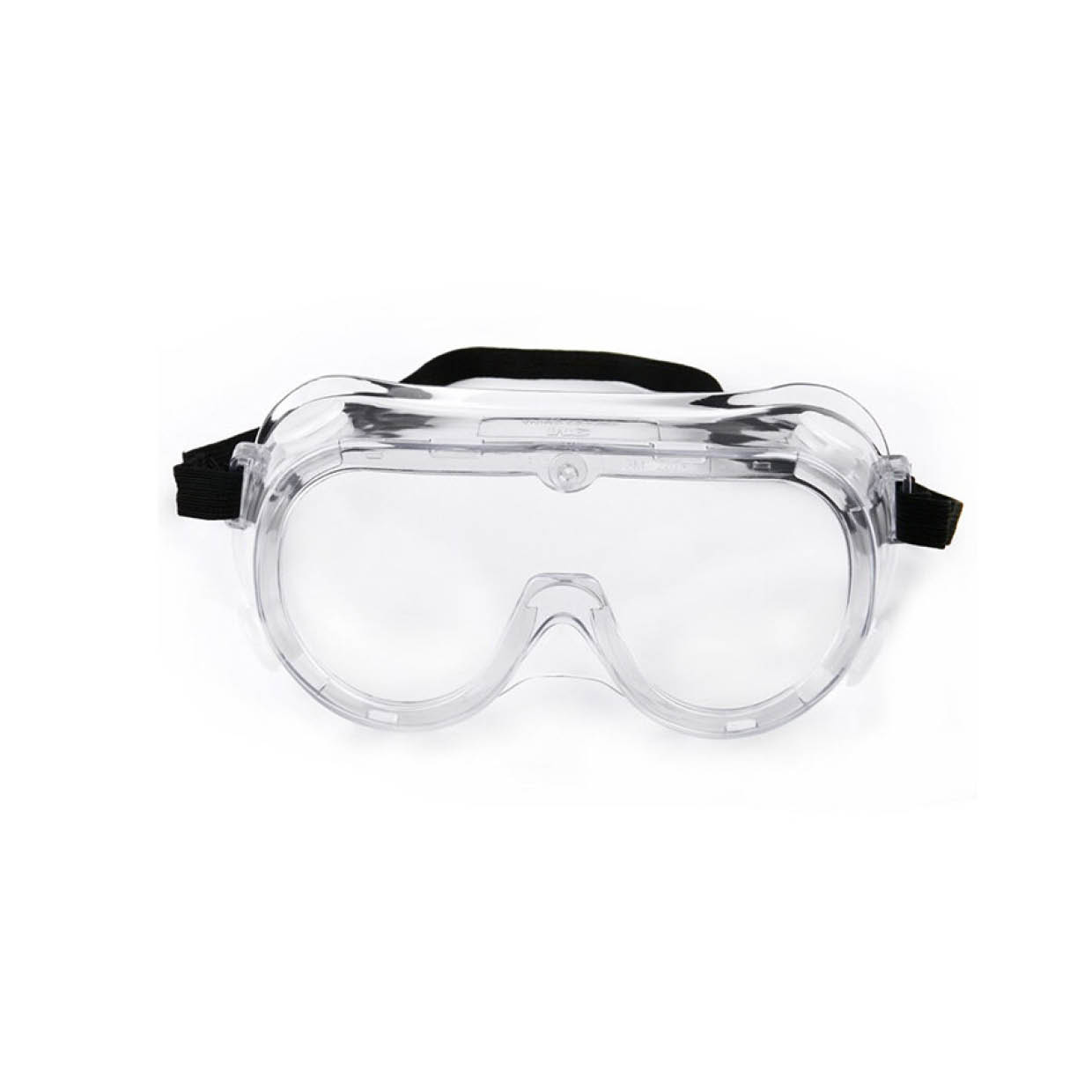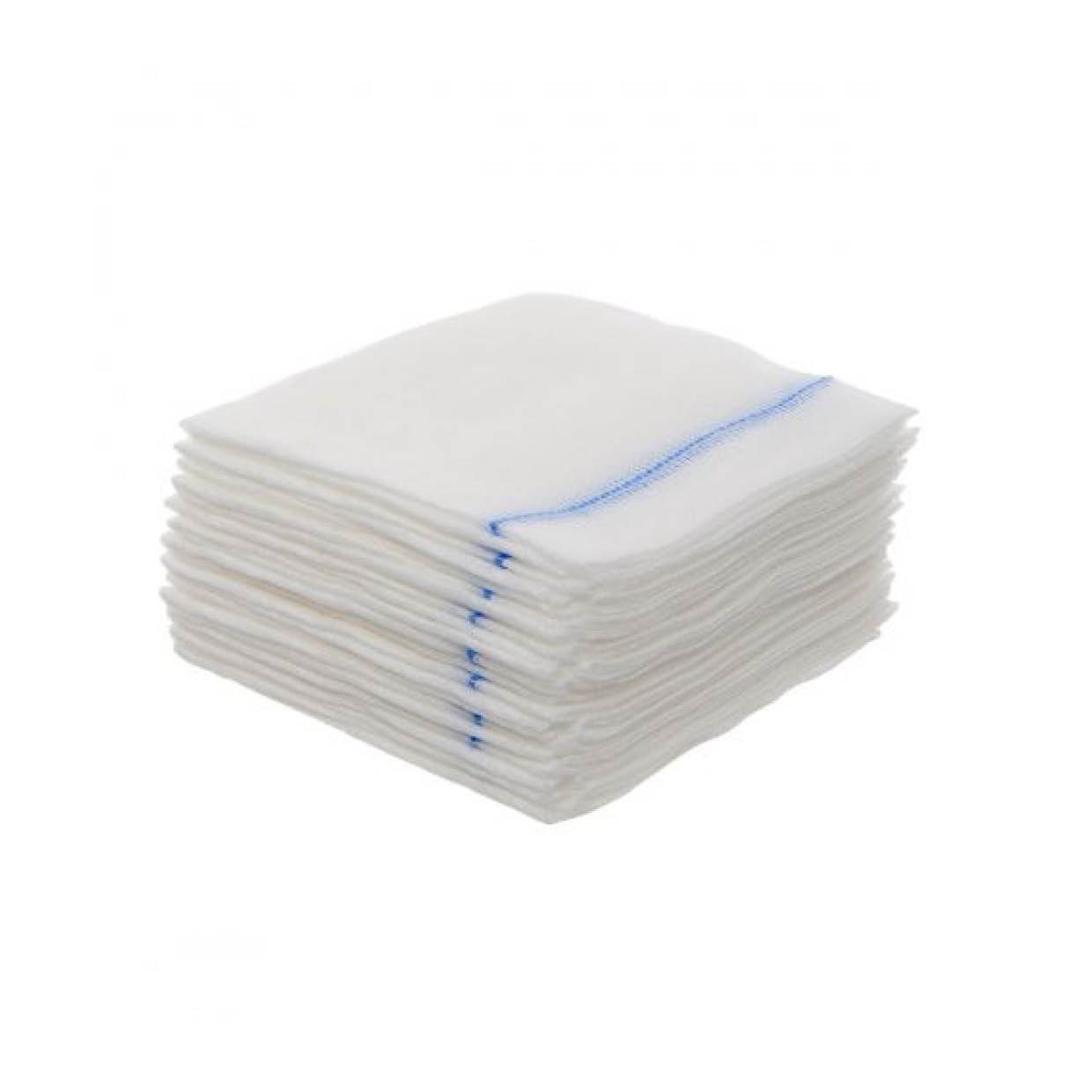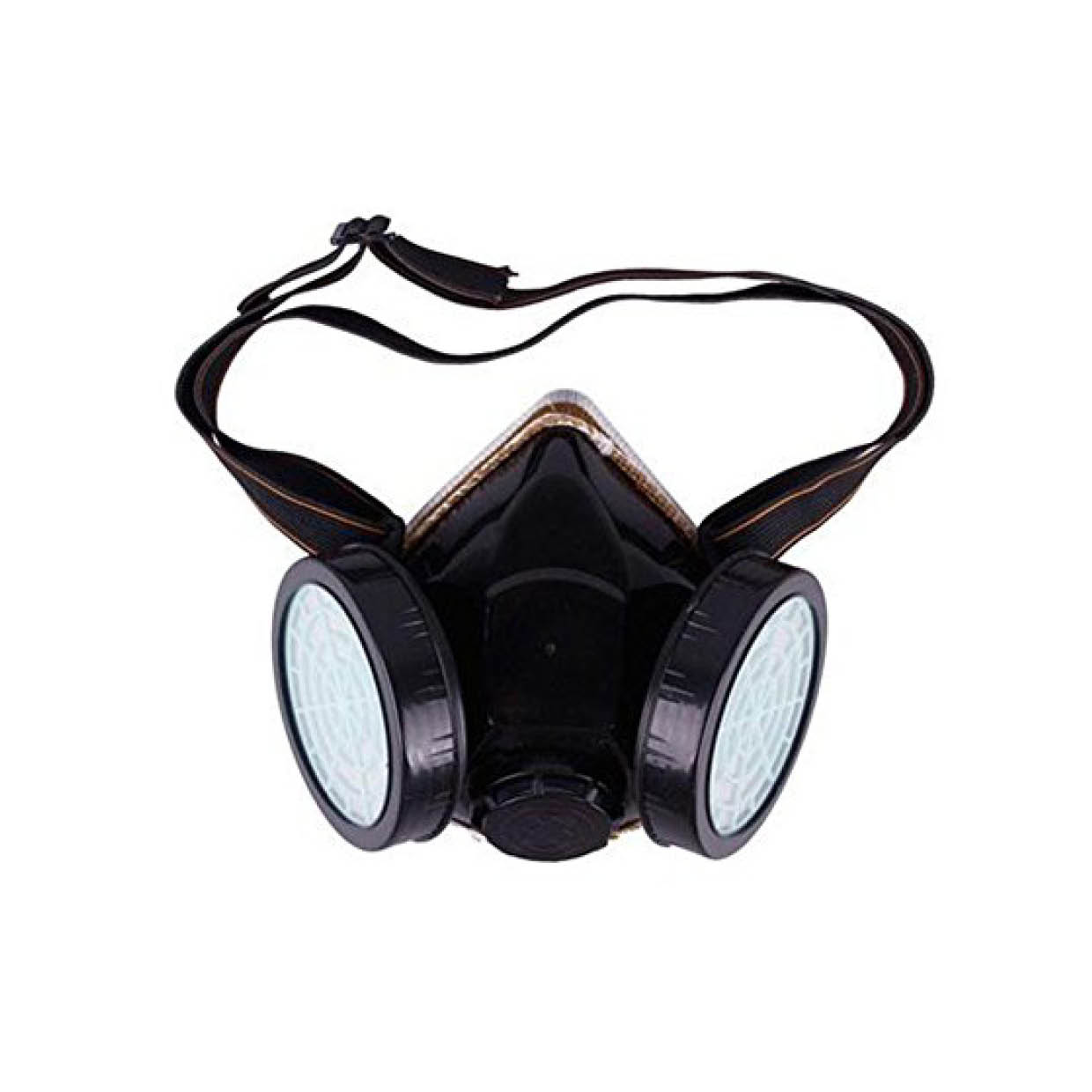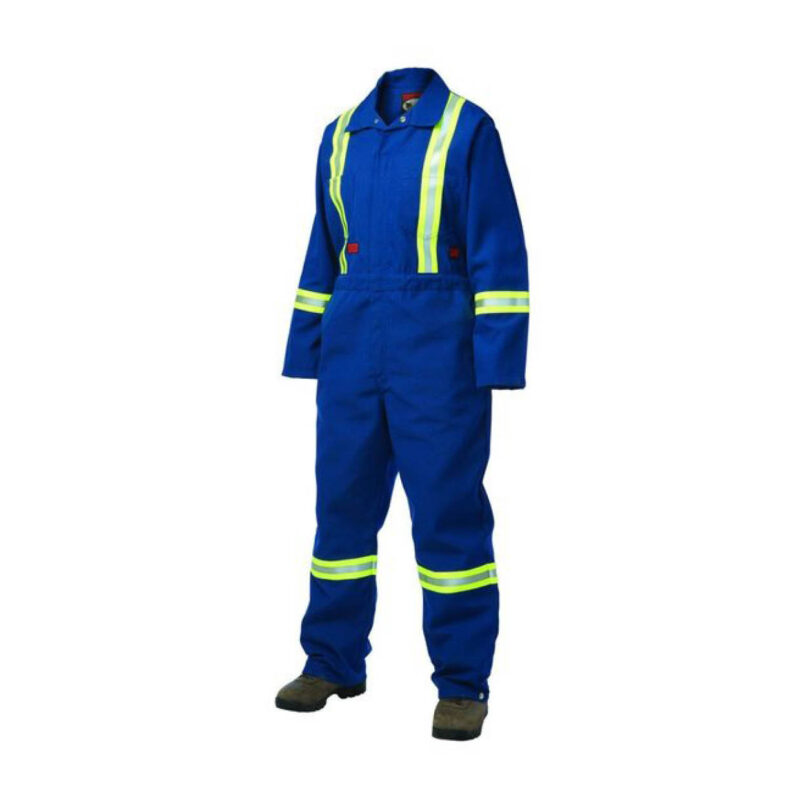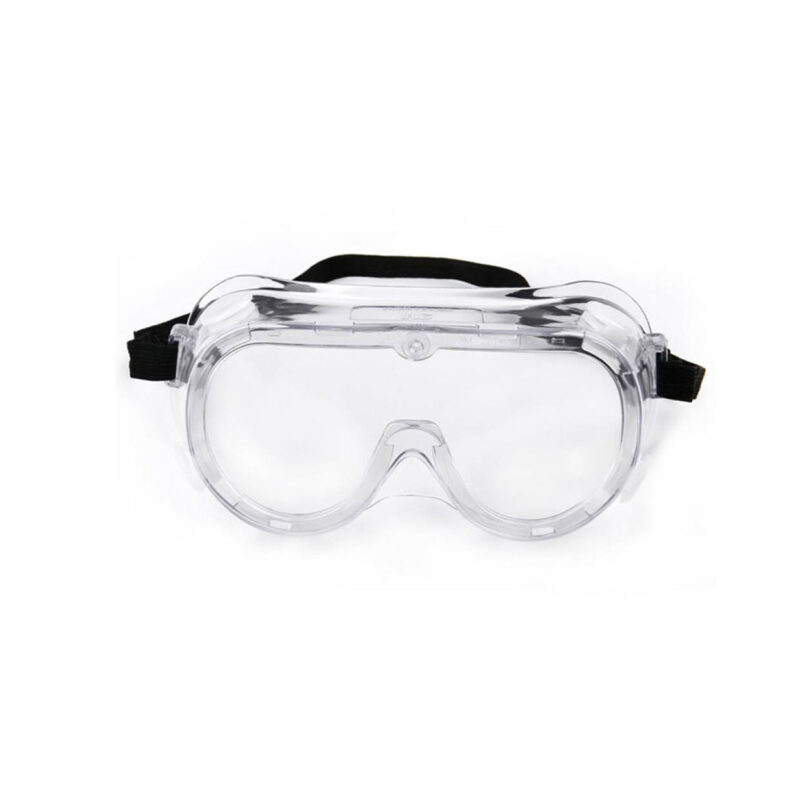In many workplaces, the air around you can pose an invisible threat. A respirator is an essential device designed to protect you from inhaling hazardous atmospheres, giving you the power to breathe safely. Whether you are dealing with a fine dust, noxious fumes, or airborne pathogens, having the right respiratory protection is a non-negotiable part of your personal safety plan.
We build our respirators to filter out a wide range of airborne dangers. This includes particulate matter like dusts from construction sites and fine mists from industrial spraying. Our respirators also defend against hazardous fumes and vapours from chemicals and painting processes, as well as dangerous gases. For example, professionals in Lusaka, Kitwe, and across Zambia who work in welding, chemical handling, or manufacturing rely on this crucial PPE.
A respirator gives you the confidence to perform your job without putting your health at risk. It is a critical piece of equipment that works by creating a tight seal around your nose and mouth, forcing the air you inhale through a specialized filter. Ultimately, this ensures you only breathe in clean, safe air. Protect your lungs and invest in a professional-grade respirator today.
Frequently Asked Questions (FAQs)
Q: What is the difference between a respirator and a surgical mask? A: A respirator is a form of personal protective equipment that creates a tight seal around your nose and mouth to filter out airborne hazards. A surgical mask, on the other hand, is a loose-fitting disposable mask designed to prevent large droplets from leaving the wearer’s mouth.
Q: How do I know which respirator to choose? A: You should choose a respirator based on the type of hazard you face. For example, a basic dust mask protects against particulates like wood dust, while a cartridge-based respirator is needed for protection against chemical fumes and gases.
Q: How often should I replace the filter or the respirator itself? A: The lifespan of a respirator and its filters depends on the specific product and the conditions of your use. You should replace the filters when you notice increased breathing resistance or can smell or taste the contaminants. You should replace disposable respirators after a single use or when you feel breathing resistance.
Q: Can I wear a respirator with a beard or facial hair? A: No, a beard or other facial hair can prevent a respirator from forming a tight seal. This can cause contaminants to leak into the mask and reduce your protection. You need to be clean-shaven to ensure a proper fit.

